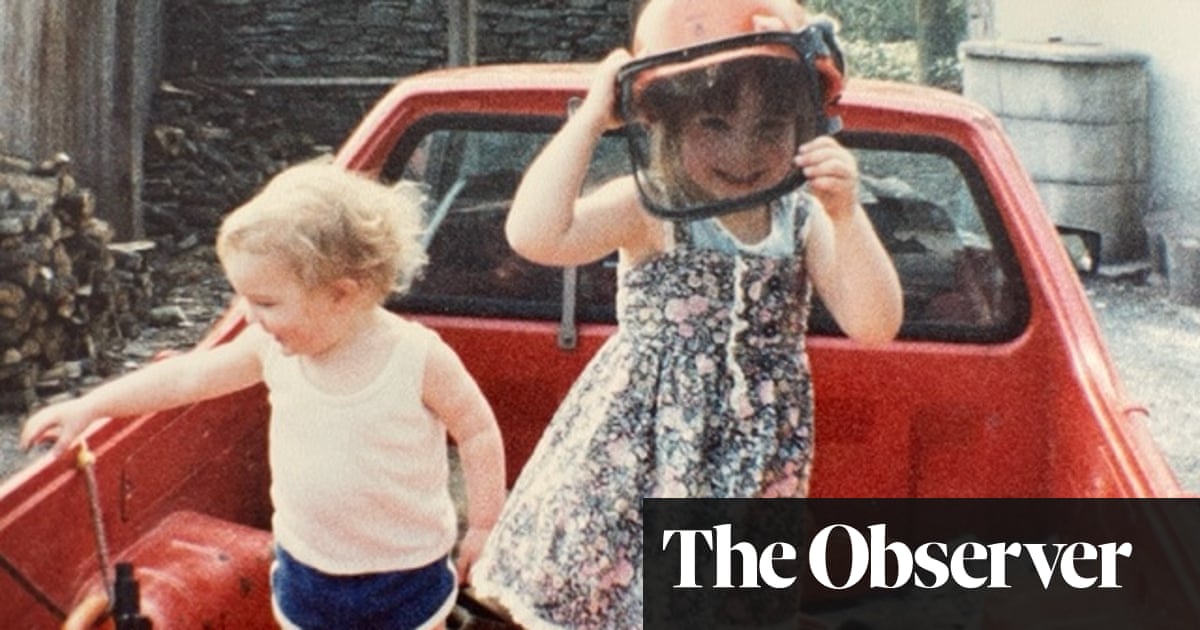
Rebecca Hall makes her directing debut with this intimately disturbing movie, adapted by her from the 1929 novel by Nella Larsen. Irene (Tessa Thompson) and Clare (Ruth Negga) are two women of colour, former school friends who run into each other by chance in an upscale Manhattan hotel in prohibition-era America. They are both light-skinned, but Irene is stunned to realise that her vivacious and now peroxide blonde friend Clare is “passing” for white these days, and that her odious, wealthy white husband John (Alexander Skarsgård) has no idea. As for sober and respectable Irene, she lives with her black doctor husband Brian (André Holland) in Harlem with their two sons and a black maid that she treats a little high-handedly.
There is an almost supernatural shiver in Irene and Clare’s meeting: as if the two women are the ghosts of each other’s alternative life choices. Irene is herself passing for middle class, passing for successful: she has an entrée into modish artistic circles through her friendship with the celebrated white novelist Hugh Wentworth (Bill Camp) who is passing for straight. But there is something else. Clare is also passing for happily married. The dangerously transgressive Clare, for whom this chance meeting has triggered a desperate homesickness for her black identity, demands access to Irene’s life and simperingly makes Brian’s acquaintance.
The drama unfolds in a hypnotic and dreamlike state, an almost Lynchian swoon, with ambient sounds and eerie piano music swarming up from unknowable depths. It is shot in a crisp monochrome which elegantly finesses the issue of skin colour: finally, an increasing swirl of chilly snow from the night sky will turn the screen white.
Irene is changed forever in being the witness to Clare’s fakery and shame, which Clare brazenly inverts into pride at her own heroic self-invention. Having been invited up to her hotel suite for drinks, Irene sees for herself how Clare has had to pretend to be not just white but an out-and-out racist for her husband’s benefit. He has noticed the dark tone to her skin, but indulgently smirks: “You can turn as black as you please, I know you’re not coloured!”
Irene thoughtfully sees the truth in it. Nurture made Clare black but nature makes her white … doesn’t it? Now there’s a seed of doubt in Irene’s mind, a crisis of loyalty to American blackness. She revives for the irritable Brian her theory that they should maybe move to Europe or South America, some place where a kind of honest passing can be achieved, a place where their blackness is not so visible, or not so legible as a socially constructed mark of inferiority.
It could be that in a racist society, this is what Brian and Irene’s hopes and dreams amount to. If they can surmount racism, or find some way of not experiencing it, or not seeing it, then it could just be a heightened form of passing. As in Imitation of Life, the Fannie Hurst novel adapted for the movies first by John M Stahl in 1934 and then by Douglas Sirk in 1959, the Mephistophelean choice of “passing” is presented here as a double image, a through-the-looking-glass effect of competing choices: black or white, honest or dishonest, up or down, brave or timid. It is very different from the imperatives of 21st-century identity politics.
There is such sensitivity and intelligence in the performances from Thompson and Negga and the cinematography from Eduard Grau and production design by Nora Mendis are both ravishing. It’s a very stylish piece of work from Hall.












